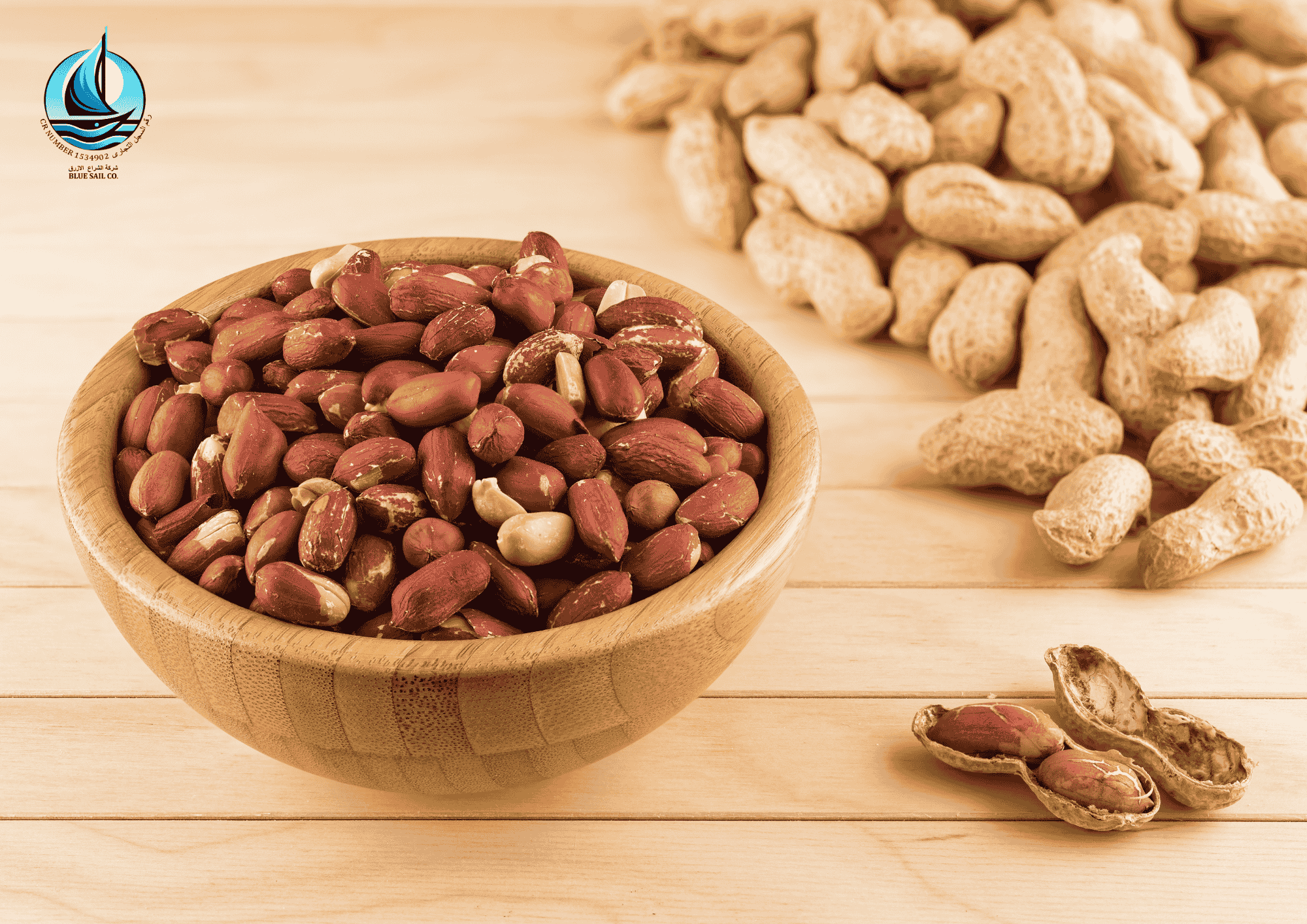The Amazing Health Benefits and Properties of Walnuts
Walnuts are more than just a delicious snack – they’re a powerhouse of nutrients that support overall health and well-being. These heart-shaped nuts, often considered a “superfood,” are rich in healthy fats, antioxidants, vitamins, and minerals that offer various health benefits. Here’s an in-depth look at the properties of walnuts and why they should be a part of your diet.
1. Nutrient-Rich Profile
Walnuts are packed with essential nutrients. A 1-ounce serving (about 28 grams) provides:
- Calories: Around 185
- Protein: 4.3 grams
- Healthy fats: 18.5 grams (including omega-3 and omega-6 fatty acids)
- Fiber: 1.9 grams
- Vitamins and Minerals: Rich in vitamin E, folate, magnesium, phosphorus, and manganese.
2. High in Antioxidants
Walnuts contain powerful antioxidants like polyphenols and vitamin E that help combat oxidative stress in the body. These antioxidants protect cells from damage caused by free radicals, reducing the risk of chronic diseases like cancer and heart disease.
3. Excellent Source of Omega-3 Fatty Acids
One of the standout features of walnuts is their high omega-3 content, specifically alpha-linolenic acid (ALA). This plant-based omega-3 fatty acid is essential for heart health and has anti-inflammatory properties that can benefit brain function, joint health, and skin.
4. Promotes Heart Health
Studies suggest that eating walnuts can improve heart health by lowering bad LDL cholesterol, reducing inflammation, and enhancing blood vessel function. The omega-3s and antioxidants work together to support cardiovascular health, making walnuts an excellent choice for those looking to maintain a healthy heart.
5. Supports Brain Health
Often called “brain food,” walnuts contain compounds that benefit cognitive health. Polyphenols, omega-3 fatty acids, and vitamin E in walnuts are associated with improved memory and reduced risk of age-related cognitive decline. Some studies even suggest that regular walnut consumption may help delay or prevent Alzheimer’s disease.
6. Anti-Inflammatory Properties
The omega-3s and polyphenols in walnuts have anti-inflammatory effects, helping reduce inflammation in the body. Chronic inflammation is linked to numerous health conditions, including arthritis, diabetes, and heart disease. Adding walnuts to your diet may help alleviate these conditions and promote overall wellness.
7. Aids in Weight Management
Though walnuts are calorie-dense, they can be beneficial for weight management. The combination of fiber, protein, and healthy fats promotes satiety, helping control appetite and reduce overall calorie intake.
8. Supports Gut Health
Walnuts contain prebiotics, a type of fiber that feeds the good bacteria in your gut. A healthy gut microbiome is crucial for digestive health and may also play a role in immune function and mood regulation.
9. Skin and Hair Benefits
The antioxidants, vitamin E, and healthy fats in walnuts contribute to skin and hair health. These nutrients protect against damage from UV rays, help maintain skin elasticity, and promote strong, shiny hair.
How to Add Walnuts to Your Diet
Walnuts are incredibly versatile. You can add them to salads, oatmeal, yogurt, and baked goods, or simply enjoy them as a snack. Remember, moderation is key as walnuts are calorie-rich, so a small handful each day is sufficient to reap their benefits.
Incorporating walnuts into your diet can be a simple yet effective way to enhance your health. With their impressive range of properties, walnuts truly earn their title as a superfood.





